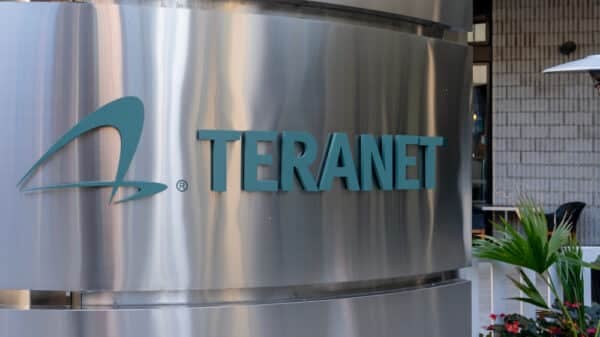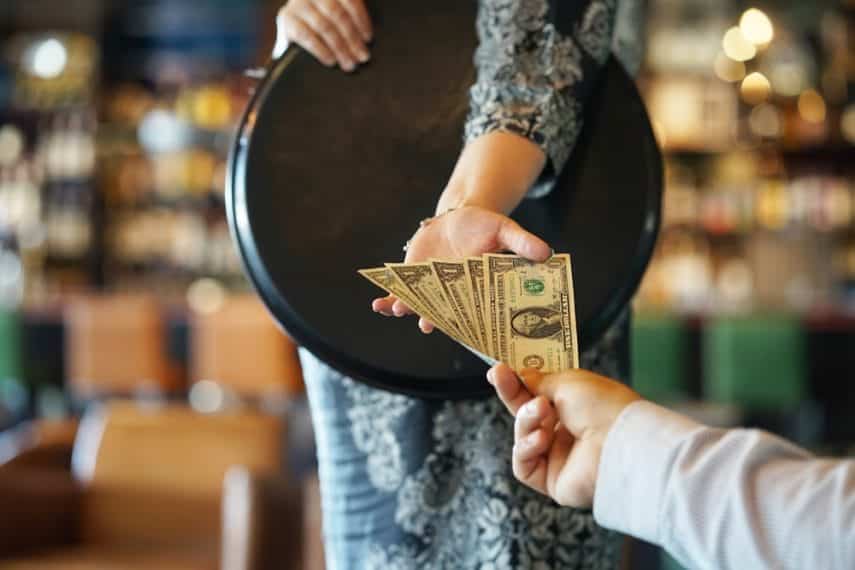Arriving at a suitable gratuity amount in a restaurant can pose a challenge for many individuals. Most dining venues offer a recommended gratuity calculation on the final receipt, facilitating the process for guests to provide a tip to the waiter. Nevertheless, it should be recognized that this is merely a suggestion, not a mandatory fee.
Patrons are not mandated by law to offer a gratuity
Legal experts such as Abe Cohn of Cohn Legal PLLC and Jordan Bernstein, a legal representative for culinary professionals and hospitality entities, underline that tipping is not a legally enforced requirement. As per the IRS, gratuities are considered as additional sums that patrons have the autonomy to present at their own discretion.
Restaurants can append a service charge
Occasionally, individuals may confuse the automatic service charge with a gratuity, whereas in actuality, it serves as revenue for the establishment and may not necessarily directly benefit the staff. Although restaurants are within their legal rights to incorporate this charge, it does not always translate into earnings for the server.
Regulations can differ depending on the geographical area
The governance of service charges falls under the oversight of the Department of Labor and the IRS. The specifications concerning mandatory fees are contingent upon the location of the dining establishment, with divergent laws and guidelines dictating what is obligatory.
It is imperative to take into account that regulations and statutes regarding tipping may fluctuate from one state to another. When dining internationally, it becomes crucial to acquaint oneself with the customary practices of gratuity in that specific region.
Image Source: lunopark @ Shutterstock






























